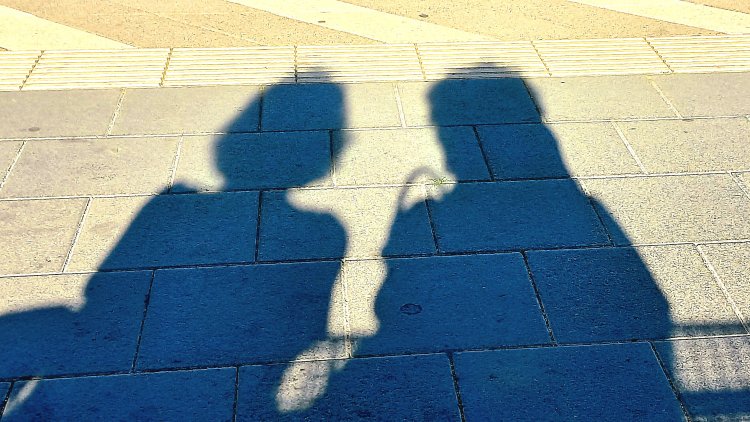The Strange Challenge of Small Talk
Unlike some other life skills, it doesn’t seem to get easier the more you practice.

This is an edition of The Wonder Reader, a newsletter in which our editors recommend a set of stories to spark your curiosity and fill you with delight. Sign up here to get it every Saturday morning.
Small talk, in my experience, is one of those life skills that doesn’t get easier the more you practice. Even for me, a person who enjoys chatting with people I don’t know well, small-talk panic is always at risk of setting in: when I realize I’ve gotten their name or hometown wrong, for example, or that we’ve run out of things to say halfway through the bathroom line at the bar.
My colleague Gilad Edelman has a helpful fix for such moments: Go ahead and talk about the weather. “We want to talk about the weather because it is on our minds, and it is on our minds because it matters,” he writes. “It determines how we dress, the plans we make, what we’ll cook for dinner, whether we catch that flight.” Ultimately, good small talk, as Gilad notes, gets people involved and animated. So when you’re stuck in a new group at a holiday party or don’t know what to say to your cousin’s new partner, you can always rely on a good long discussion about the odds the snow will stick this winter. Today’s newsletter rounds up some other wisdom from our writers on handling the strange human challenge of small talk.
The Best Small-Talk Topic
By Gilad Edelman
Go ahead, talk about the weather.
How to Make Small Talk
By Julie Beck and Becca Rashid
How do we overcome the awkwardness that keeps us from starting a conversation?
Listen to the podcast episode.
An Ode to Small Talk
By James Parker
How about this weather?
Still Curious?
- How to end a conversation without making an excuse: It’s difficult to simultaneously do three things, Joe Pinsker wrote in 2021: end an interaction, be honest, and be considered polite.
- The surprising benefits of talking to strangers: Many of us have been raised to see strangers as dangerous and scary, Joe Keohane wrote in 2021. What would happen if we instead saw them as potential sources of comfort and belonging?
Other Diversions
What's Your Reaction?




















